The Wicked movie adaption was released to widespread acclaim, with audiences everywhere taking to the movie and its characters. It’s a sign of the strength and depth of the film’s script and its star’s acting that all fans can do is talk endlessly about the live-action remake and dive into extensive discussions about the plot, the characters, and the lore of Oz.
These are all wonderful things that enrich the experience of the story, whether it’s book, stage, or movie versions. Unfortunately, some fans don’t quite know where to stop and have crossed the line from fannish discourse into something altogether more unsavory.
While it’s fun to discuss who the “real” villains of the show are — is it Glinda, who ditched Elphaba during Defying Gravity? Is it Madame Morrible, who knew all along what the Wizard was planning and did nothing about it? — there’s a point at the intersection of fiction and reality where it becomes unpleasant and, frankly, inhuman.
The character of Nessarose has attracted valid criticism for the way she behaves in the story. Nessa, who is disabled and uses a wheelchair, is a complex character with an equally complex relationship with her sister, Elphaba — in part due to both characters’ experience of her disability. It’s a testament to the writing that fans can pick up on nuances in the behavior of characters. Well-written characters will always attract critique and analysis, but mean comments leveled by some fans of the movie have gone too far as they have bypassed the dissection of Nessa’s attitude and zeroed in on mocking the character’s disability instead.
Marissa Bode, the actress portraying Nessa (who uses a wheelchair in real-life as well), addressed the undignified attacks and made a heartfelt post to TikTok where she discussed the upsetting discourse surrounding her character, slamming the “aggressive” jokes made at the expense of disabled people everywhere.
In a reminder that although Nessarose is fictional, her disability is not, Marissa is unequivocal when she says that the jokes about Nessa’s disability are not okay. Describing them as “deeply uncomfortable, because disability is not fictional,” Marissa explains why these so-called “jokes” are not simply about the fictional character: “At the end of the day, me, Marissa, is the person that is still disabled and in a wheelchair.”
By making the “joke” about the disability, it leaves the realm of fiction to reside in the real world. The statement then becomes one which applies to real-life people with the same disability, where the apparently “funny” part of the joke is that the person is unable to walk. Marissa goes on to underline why “it very much feels like laughing at, rather than with” in a spot-on analysis of why these statements are so cruel.
Claims that Nessarose “deserved” her disability are especially chilling, as the suggestion pitches the notion that disability is some sort of karmic punishment for wrongdoing. These are deeply, inherently dangerous sentiments mocking, judging, and insulting disabled people everywhere. As Marissa says, “these comments do not exist in a vacuum”: They represent thoughts and feelings people have about actual, real disabled people and have the power to influence the thoughts of others.
Choosing to use her platform to speak out despite her fears, Marissa describes how she’s seen other disabled content creators being “flooded with ableist comments” while speaking about ableism — “stop complaining,” “take a joke,” or that they’re “asking for too much” — to the point that these creators have left their platforms for the sake of their mental health.
Marissa ends her video by asking Wicked fans to “listen and to understand one another,” one of the key themes of the movie, in the hope that some fans will at least re-examine their hurtful words.

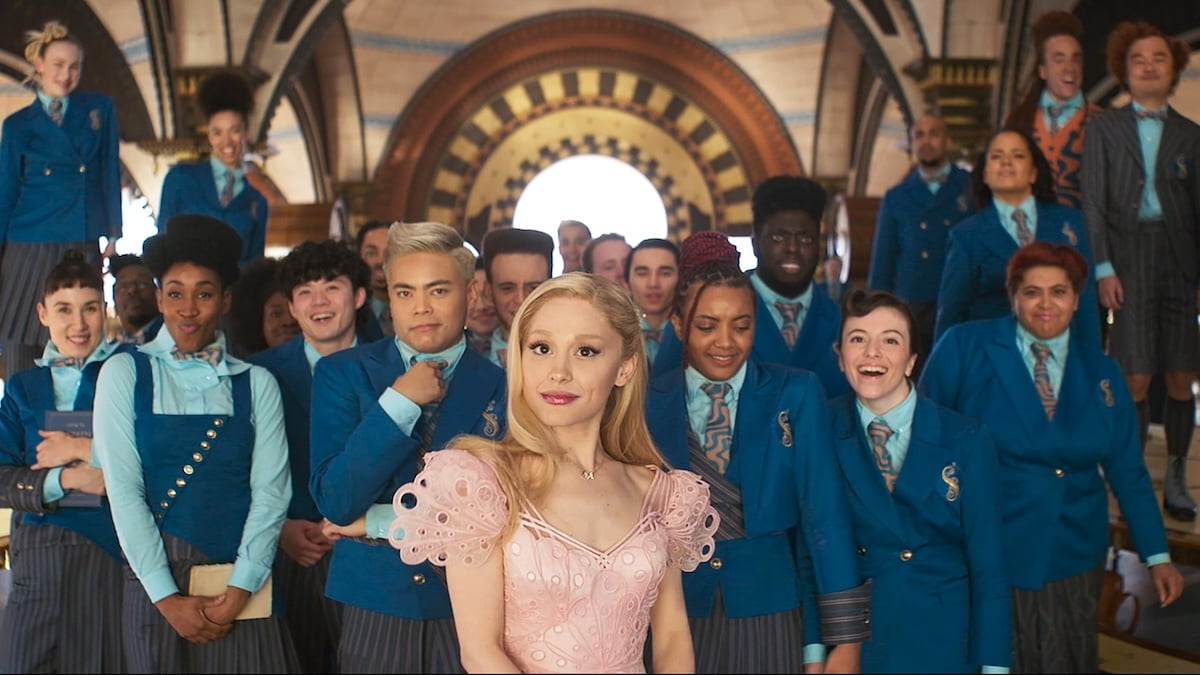
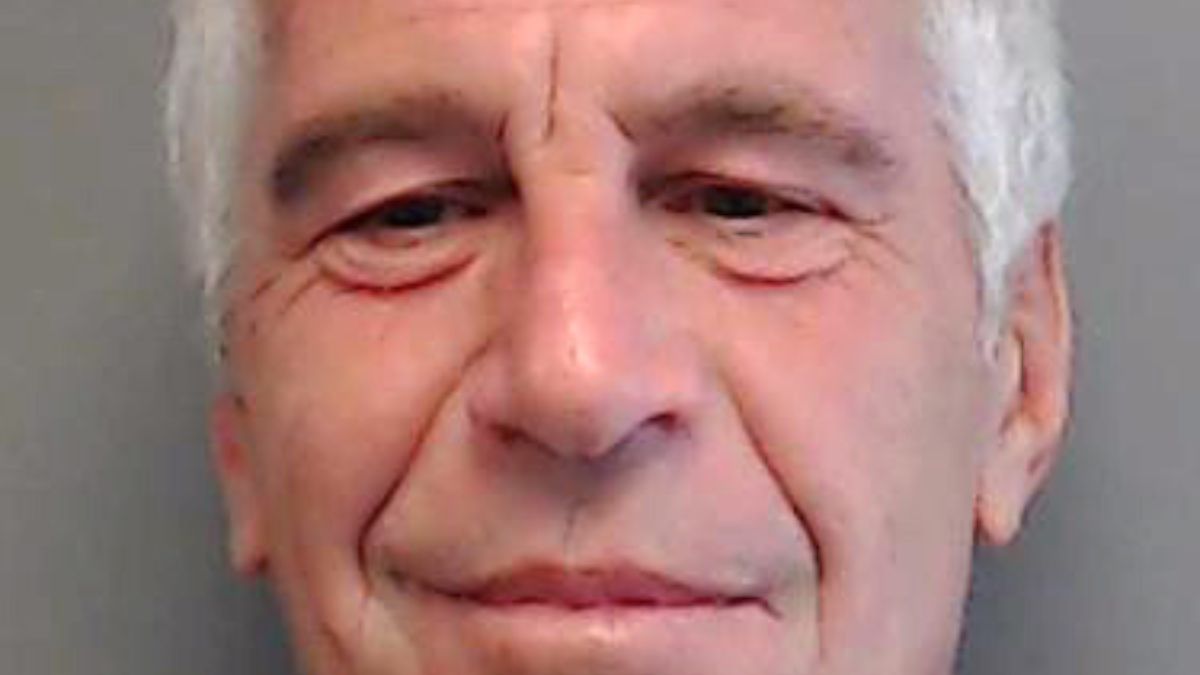
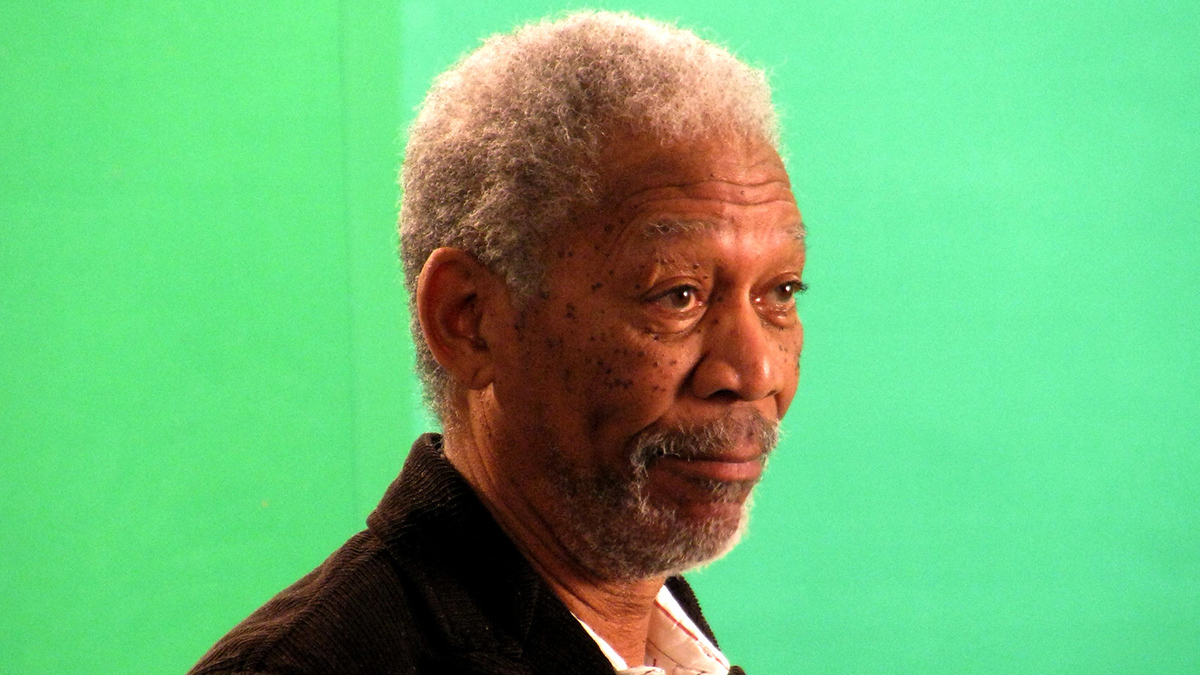
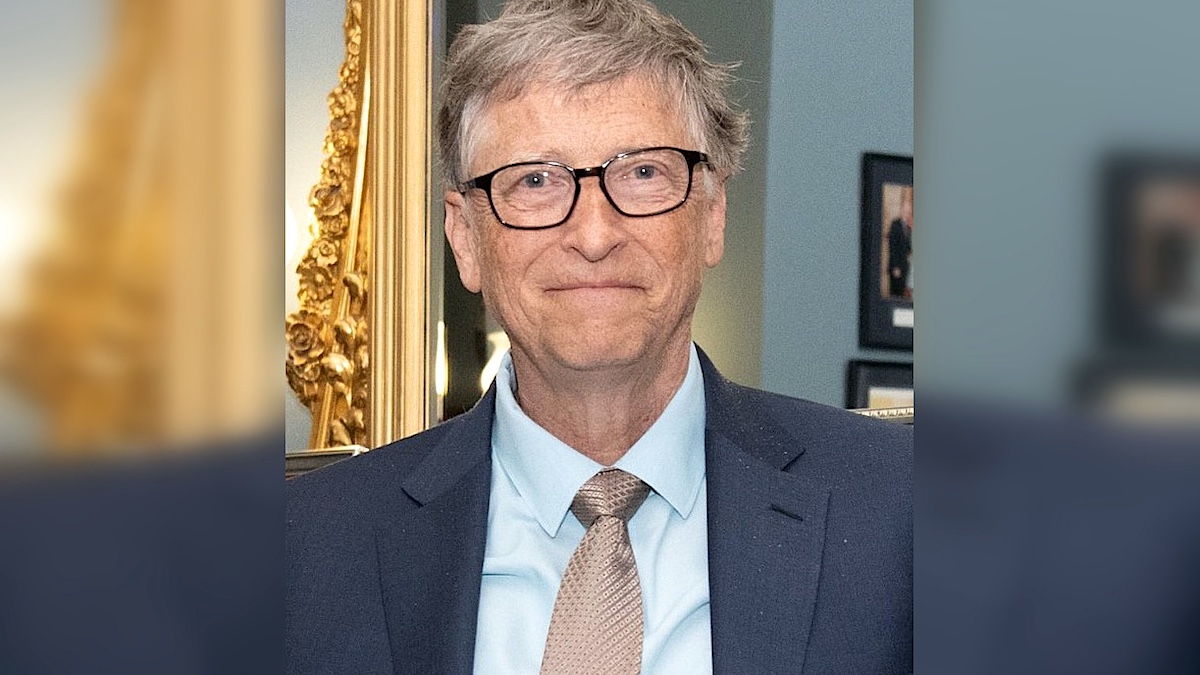
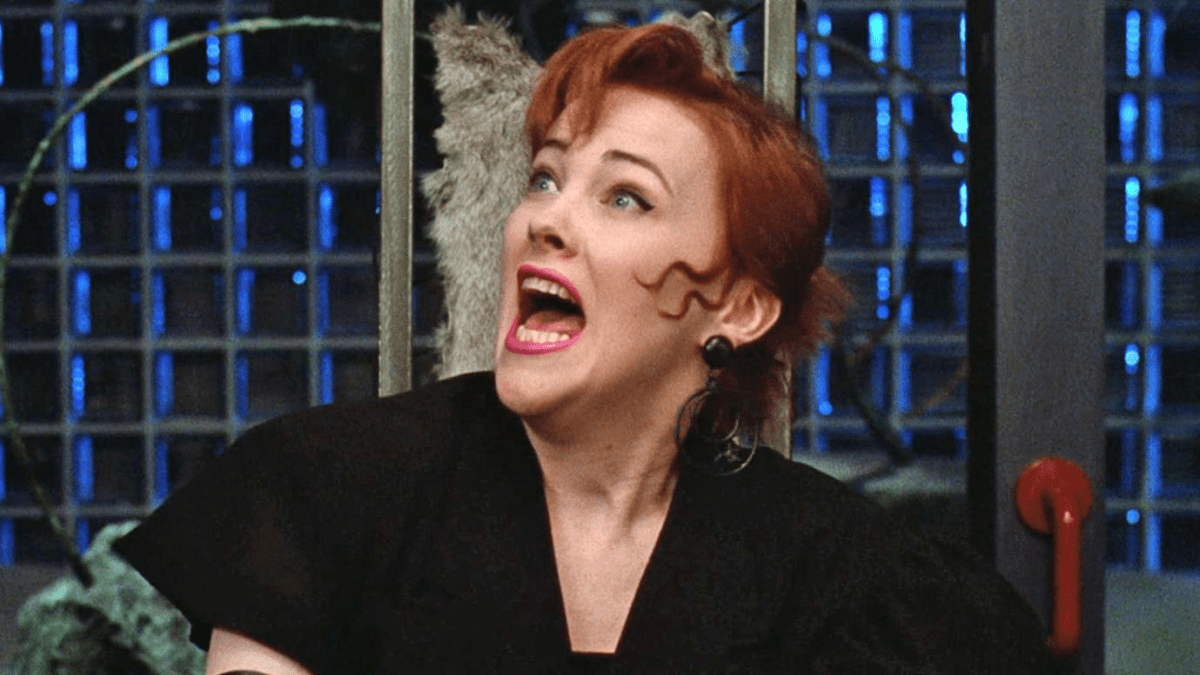
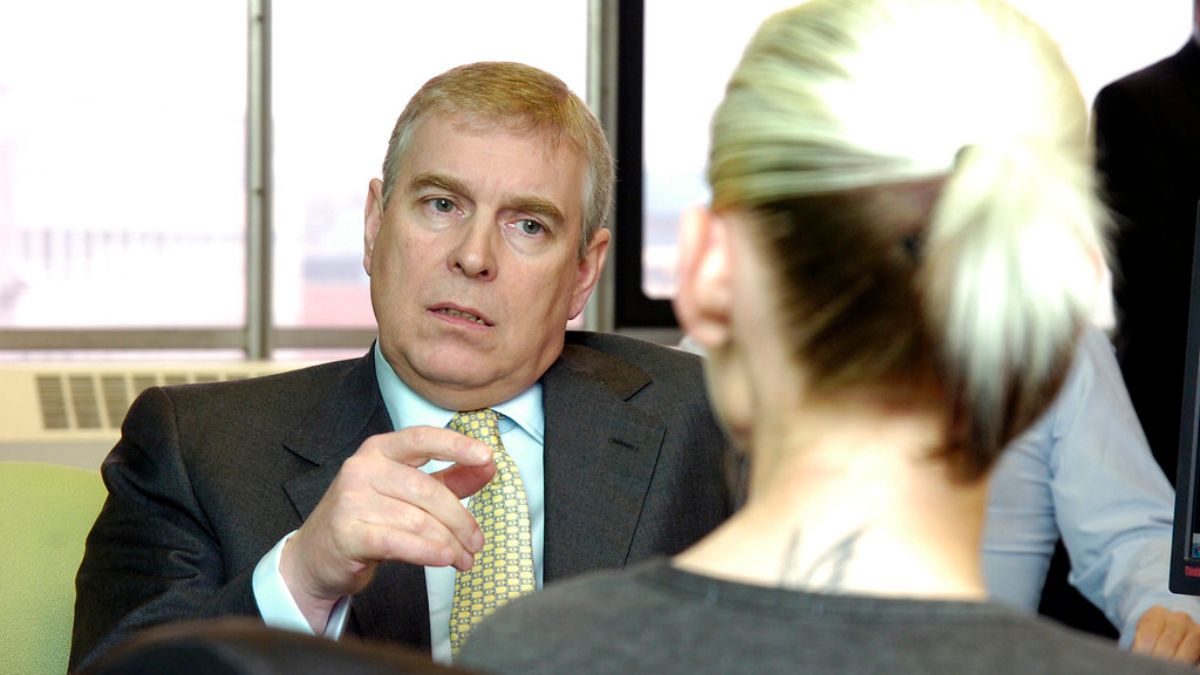
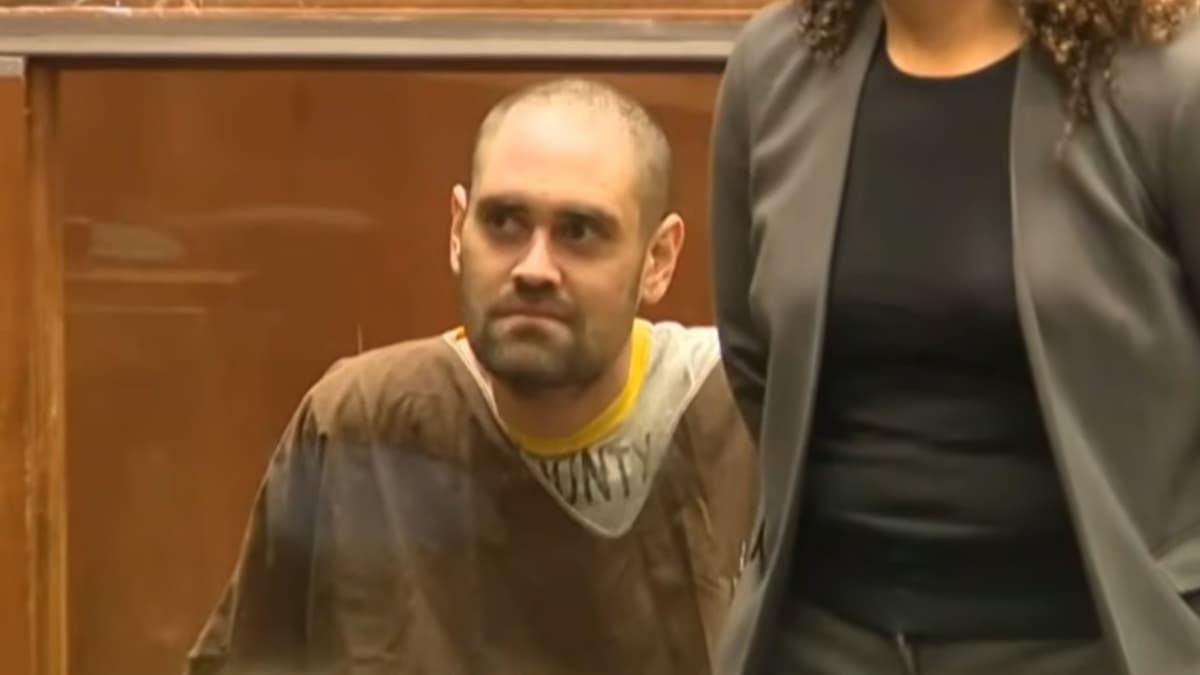
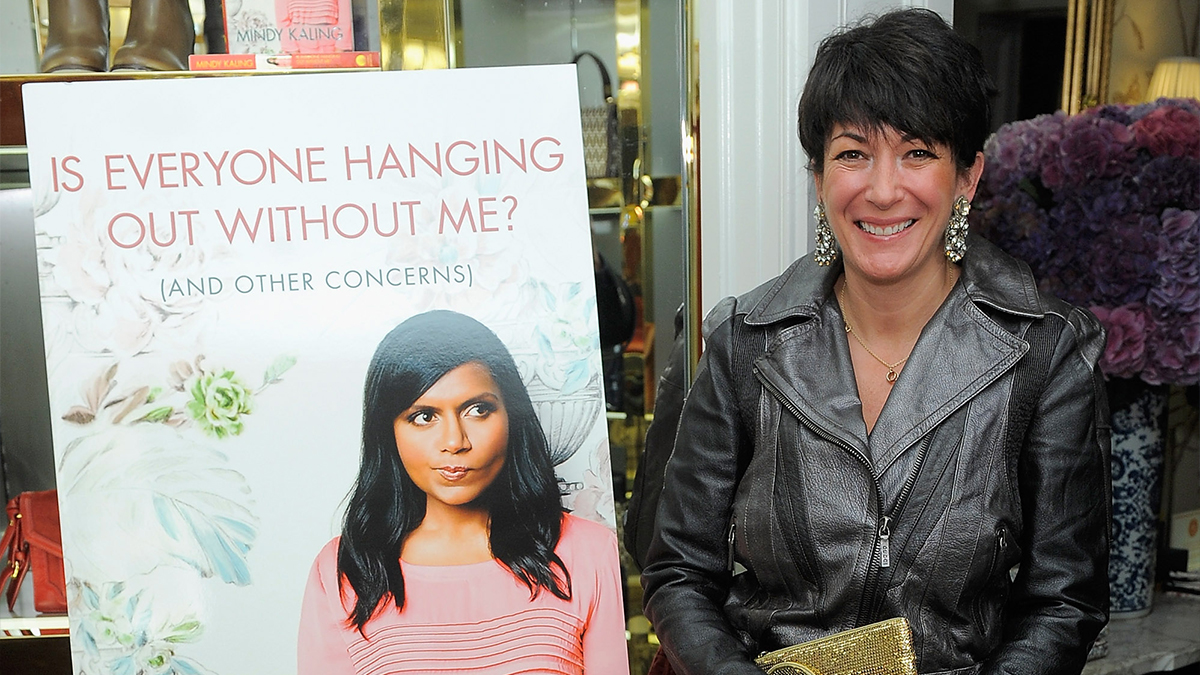
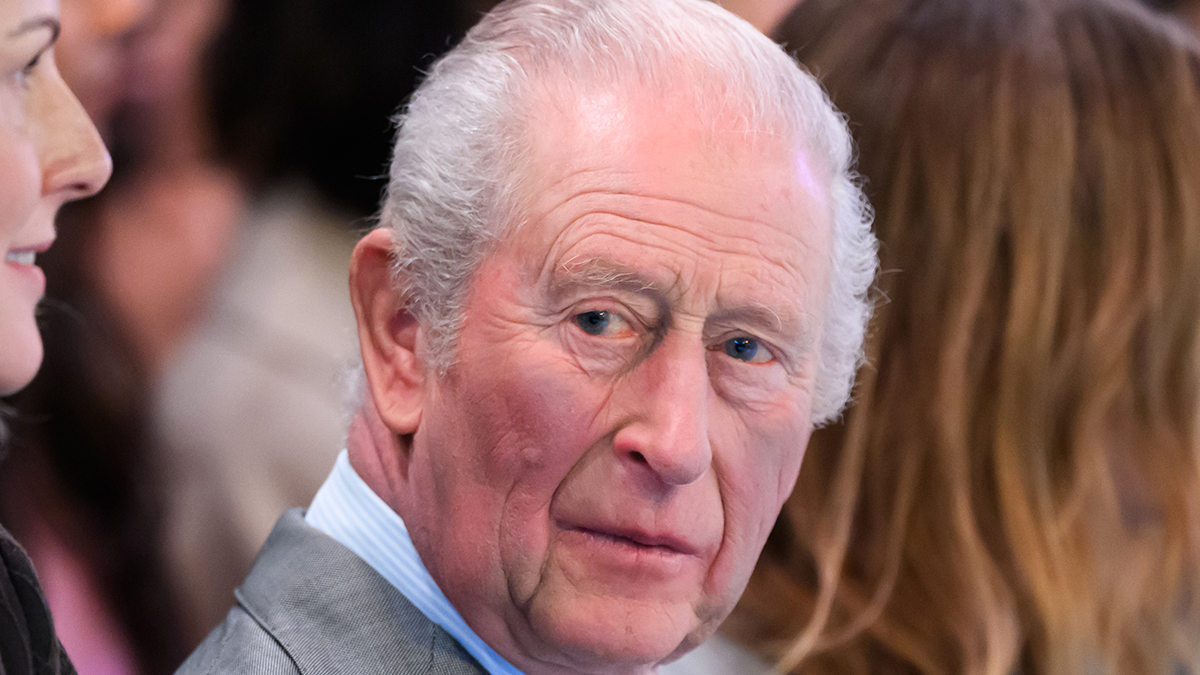

Published: Dec 1, 2024 01:10 pm